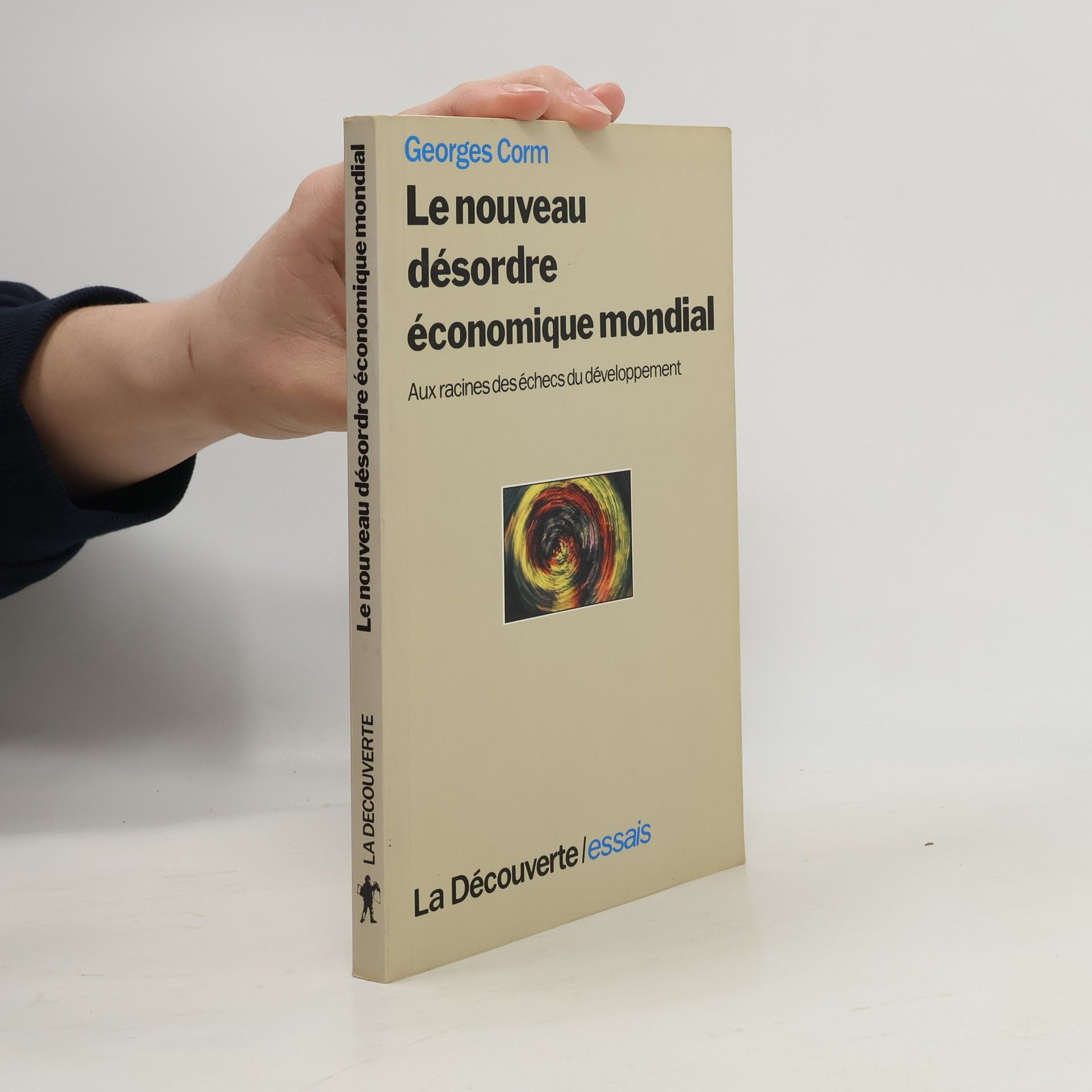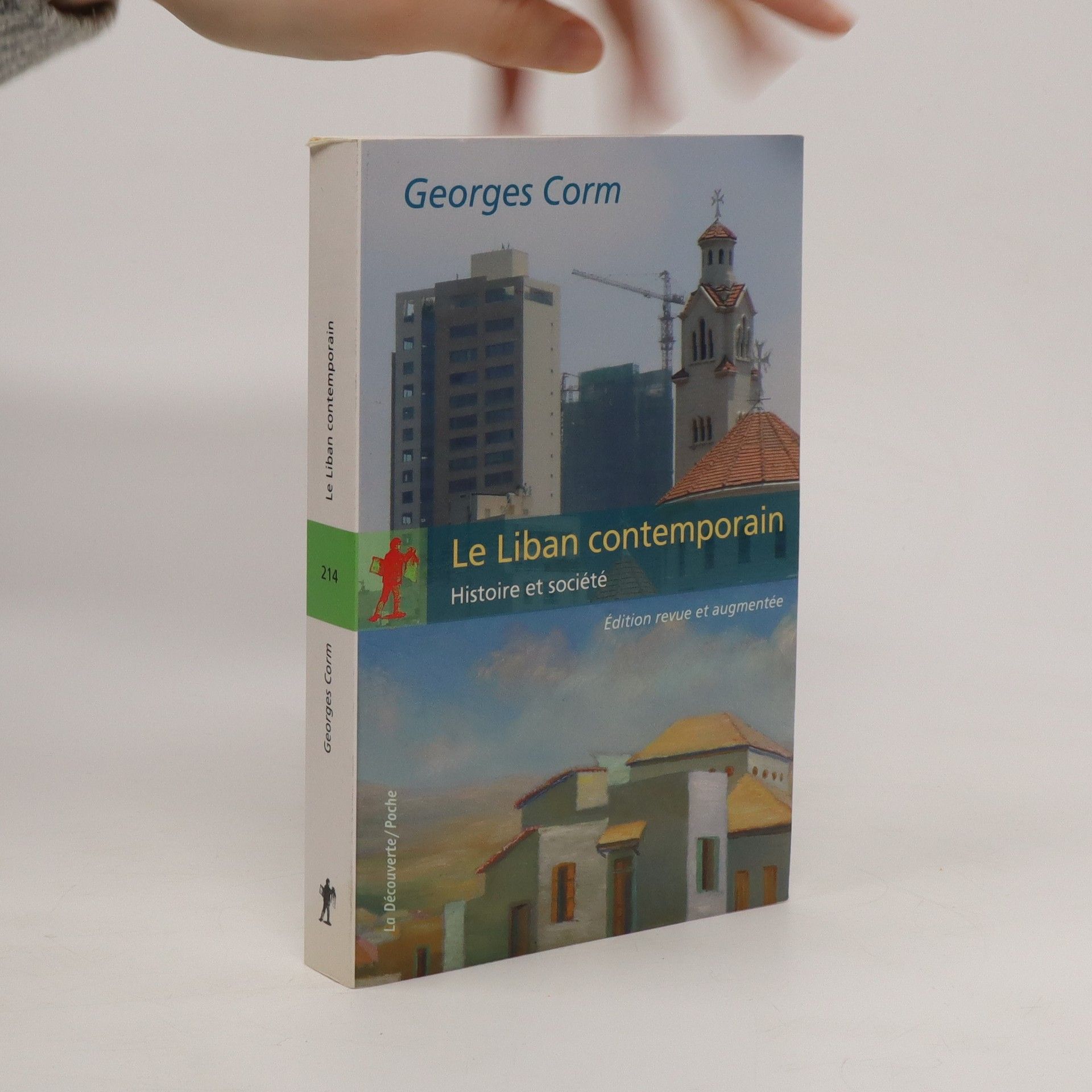The book delves into the evolution of Arab political thought, tracing its development from the nineteenth century to contemporary times. It examines various ideologies, movements, and key figures that have shaped political discourse in the Arab world, highlighting the complexities and diversity of perspectives within this rich intellectual tradition. Through a historical lens, it offers insights into how political ideas have responded to social, cultural, and geopolitical changes over the years.
Georges Corm Knihy
George Corm je uznávaný autor, jehož díla se ponořují do složitých vztahů mezi pluralismem, politickými systémy a historickým vývojem. Jeho práce často zkoumá ekonomické a finanční aspekty mezinárodních vztahů a výzvy rozvoje v arabském světě. Cormův analytický styl a hluboké porozumění globálním systémům nabízejí čtenářům jedinečný pohled na světovou politiku a ekonomiku. Jeho psaní je ceněno pro svou informovanost a pronikavost.





Le Liban contemporain
- 425 stránek
- 15 hodin čtení
Le nouveau désordre économique mondial - Aux racines des échecs du développement
- 163 stránek
- 6 hodin čtení
Dans cet essai percutant, l'économiste libanais George Corm analyse, sous un angle original, les causes de la crise économique mondiale et de l'incapacité des politiques, au Nord comme au Sud, à y répondre efficacement : méconnaissance du rôle des économies " souterraines " et de la corruption, illusions du libéralisme économique, erreurs répétées de la bureaucratie bancaire, permanence des visions idéologiques du développement... Dans cet essai percutant, l'économiste libanais George Corm analyse, sous un angle original, les causes de la crise économique mondiale et de l'incapacité des politiques, au Nord comme au Sud, à y répondre efficacement : méconnaissance du rôle des économies " souterraines " et de la corruption, illusions du libéralisme économique, erreurs répétées de la bureaucratie bancaire, permanence des visions idéologiques du développement... Au-delà d'une critique mordante des grands acteurs de l'économie mondiale, un vibrant plaidoyer pour une renaissance d'une véritable économie politique.
Pouvoirs - 84: La Liberté
- 216 stránek
- 8 hodin čtení
L'Europe et l'Orient
De la balkanisation à la libanisation
French